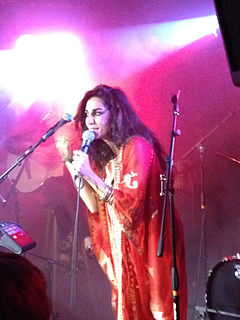A Quote by Matthew Desmond
Since evictions go through court, it has a record that comes with it, and many landlords that I spend time with use that as a big screening mechanism. And that's really the reason, we think, families are pushed into worse housing and worse neighborhoods after their evictions.
Related Quotes
There are worse things than having behaved foolishly in public. There are worse things than these miniature betrayals, committed or endured or suspected; there are worse things than not being able to sleep for thinking about them. It is 5 a.m. All the worse things come stalking in and stand icily about the bed looking worse and worse and worse.
The big problem is just this kind of gigantic piece, of kids reading less and liking it less and so getting worse at it. It's kind of this terrible spiral: Since they're not so good at it they do less of it, get worse at it, do less of it. And it's really what I discovered five, six years ago when I started the 'Guys Read' thing.



























